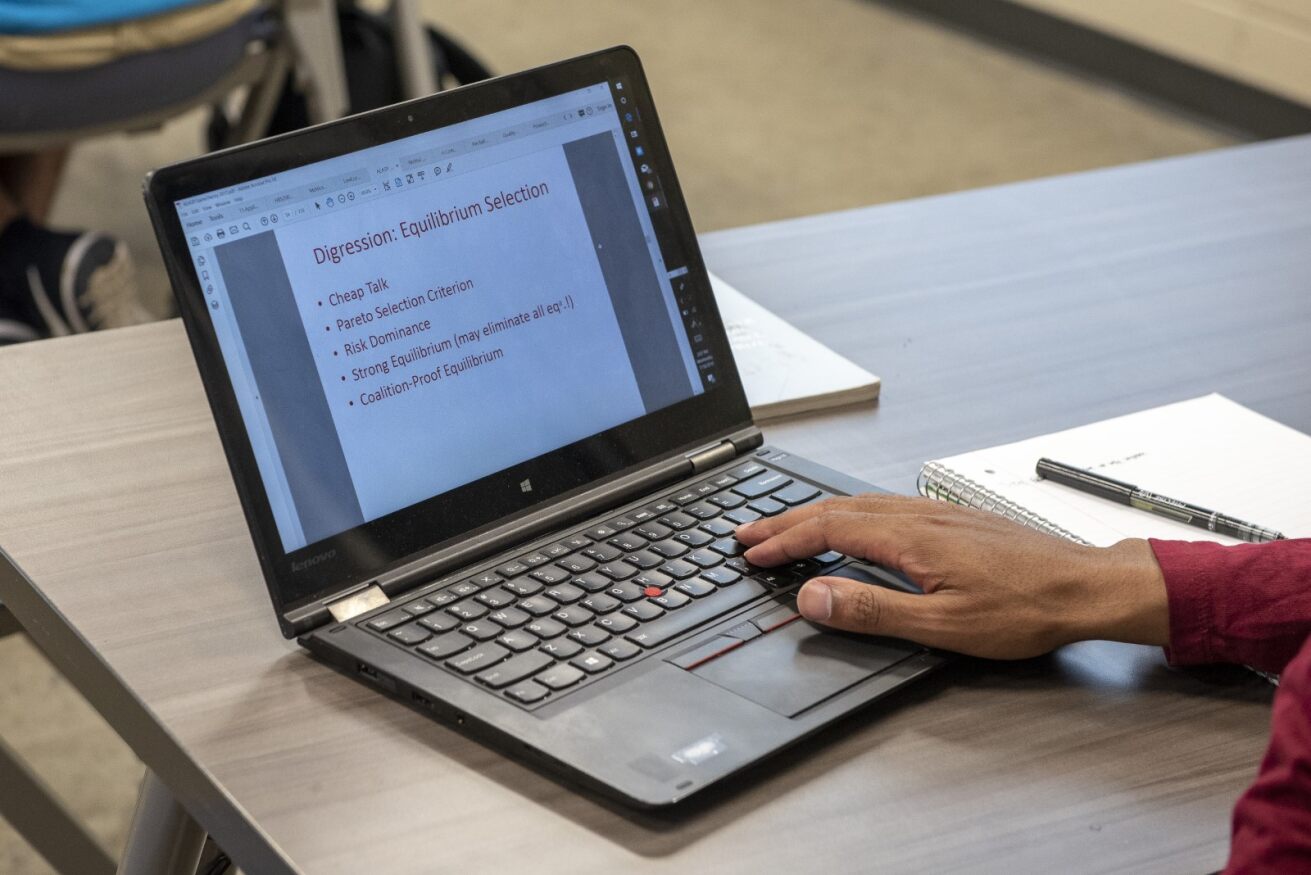Mordechai Kreinin, better known as “Max,” was a faculty member in the Department from 1957 until his retirement in 2015. Serving in the Department of Economics MSU for 57 years, he is almost certainly the longest-serving professor in the University's history.
Kreinin was born in Rishon Lezlon, Israel in 1930. After participating in Israel's War of Independence as part of the Givati Brigade, he subsequently received a BA from the University of Tel Aviv and his Ph.D. in economics from the University of Michigan in 1957. He joined the Department of Economics as Assistant Professor that year.
Kreinin’s research concerned international trade and finance. He was a prolific researcher and writer, with more than 150 professional articles published in the Journal of Political Economy, the Review of Economics and Statistics, the American Economic Review, the Journal of Finance, the Economic Journal, and the Southern Economic Journal, among many others. Among his 20 books, his widely used textbook, International Economics: A Policy Approach, was first published in 1971 and had 10 editions.
Fitting for a specialist in international trade and finance, Kreinin was a visiting professor at more than a dozen universities, including Tel Aviv University and Monash University in Australia. He traveled extensively, lecturing around the world.
Kreinin was an acclaimed teacher of introductory macroeconomics (EC 202) and international economics, teaching more than 10,000 MSU students during his tenure. Part instructor and part entertainer, he was known for enlivening his classes by singing from well-known musicals. For example, he commented "After I explain a difficult concept, I sing to them, 'It's second nature to me now...,” lyrics from My Fair Lady.
In the early 1980s, MSU faced some potentially severe financial issues leading to some policy discussion about the possibility of eliminating programs and the faculty associated with them. Kreinin offered and advocated an alternative Financial Plan – a voluntary early retirement option with some compensation to reduce costs rather than eliminating programs. Kreinin’s idea was adopted and helped resolve the crisis.
Max Kreinin and his wife Marlene, a Michigan native from the Upper Peninsula whom he had met at the University of Michigan and who herself taught Family Health Ecology at MSU, lived in East Lansing. Kreinin died in 2018.

